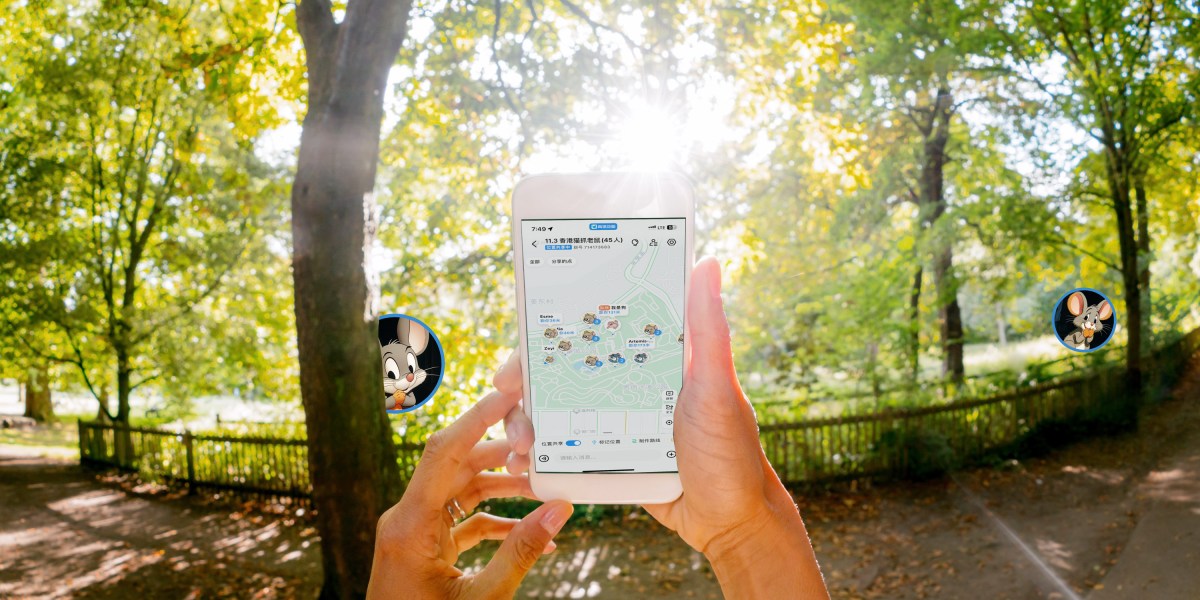The Download: The online volunteers hunting for war crimes in Ukraine
This is today’s edition of The Download, our weekday newsletter that provides a daily dose of what’s going on in the world of technology.
The online volunteers hunting for war crimes in Ukraine
Read the full version of this story.
Like many people, Aeden felt helpless when Russia invaded Ukraine in late February. He was a 23-year-old based in the UK with no connection to the country, but he was good at open-source intelligence gathering, which involves scouring the web to collect publicly available data.
So he put his hand up to volunteer for investigation outlet Bellingcat to help authenticate images and videos of possible war crimes being committed in Ukraine. The hope is that the work could lead to eventual prosecutions by the International Criminal Court.
Since the war started, people around the world have been trying to help refugees and the Ukrainian cause. For those with investigative skills like Aeden, that means using their time and effort to analyze material posted on the web by Ukrainians to document possible war crimes, and confirm their exact location.
Skills gained from the January 6 insurrection in the US and subsequent efforts to find the rioters online have translated to online sleuths using those same skills in the war in Ukraine. But whether and how that effort will actually result in admissible evidence for a potential war crimes prosecution is unclear, especially without a universal system to categorize the flood of incoming evidence. Read the full story.
—Tanya Basu
The must-reads
I’ve combed the internet to find you today’s most fun/important/scary/fascinating stories about technology.
1 Pfizer is seeking emergency FDA authorization for fourth covid shots
Just for the over 65s, for now. (Politico)
+ Wastewater monitoring suggests covid cases are rising again in many parts of the US. (Bloomberg $)
+ Vaccine supplies are finally reaching Africa, but it’s a logistical nightmare tracking who gets what when. (NYT $)
+ New Zealand is set to reopen to fully vaccinated travelers next month. (The Guardian)
+ Looks like the Johnson & Johnson vaccine is more effective than previously thought. (NYT $)
2 Inside Ukraine’s 300,000-strong volunteer hacker army
It sounds impressive, but it’s hard to measure the group’s true impact. (The Guardian)
+ It has brought down prominent Russian websites. (New Scientist $)
+ But the propaganda war has eclipsed cyberwar in Ukraine. (TR)
+ Digital repression has been on the rise in Russia for years now. (Scientific American $)
3 This should be the perfect time for electric vehicles
But the industry just isn’t ready to take advantage. (Wired)
4 OpenAI’s new coding program is fun, fast, and full of flaws
This could help us automate boring life tasks. But it might also end up riddling the internet with bugs. (Wired $)
+ The FTC has a new enforcement mechanism: algorithmic destruction. (Protocol)
5 The Swiss cartographers scrubbing out the Alps’ glaciers by hand 
This must be such an anxiety-producing job. (NYT $)
6 How Amazon traps you into Prime
There are underhand shenanigans at work right from when you sign up. (Insider $)
7 El Salvador’s bitcoin gamble is falling apart
This has been a slow-motion car crash right from the start. (Rest of World)
+ The crypto scene seems so cliquey. (The Guardian)
8 Interest in the metaverse and NFTs is dropping off a cliff 
That level of hype was never going to be sustainable. (Forbes)
+ Mark Zuckerberg is still pressing ahead with plans to bring NFTs to Instagram. (Engadget)
9 Daylight saving time might become permanent in the US 
The proposal got a rare unanimous vote from senators yesterday. (Ars Technica)
10 An American astronaut has broken the record for longest time in space
Mark Vande Hei has been on the International Space Station since April 2021. (CNET)
Quote of the day
“It’s one thing to control a population’s information flow from day one, like a China or North Korea. It’s another to give them access to western culture and internet freedom and… then take it away.”
—Graham Shellenberger, global team director at Miburo Solutions, which tracks online extremism, tells the Financial Times why we shouldn’t underestimate the anger that suddenly losing access to platforms like Instagram may cause in Russia.
We can still have nice things
A place for comfort, fun and distraction in these weird times. (Got any ideas? Drop me a line or tweet ’em at me.)
+ Love this insight into how David Byrne writes lyrics.
+ We have another stuck ship! It’s a pale imitation of its predecessor, but I can’t pretend I’m not slightly thrilled anyway. Especially because the ship is called “Ever Forward.”
+ A beautiful timber bridge in China.
+ Technology, such a marvel. Until it stops working.
+ This flower looks like it belongs on another world.
+ I really want to know where this bird-based warfare in Japan escalates to next.
+ This Crufts version of Swan Lake is the most unhinged thing I’ve ever clapped eyes upon.
+ If you’re celebrating Easter, this is the place to go for food inspiration.



